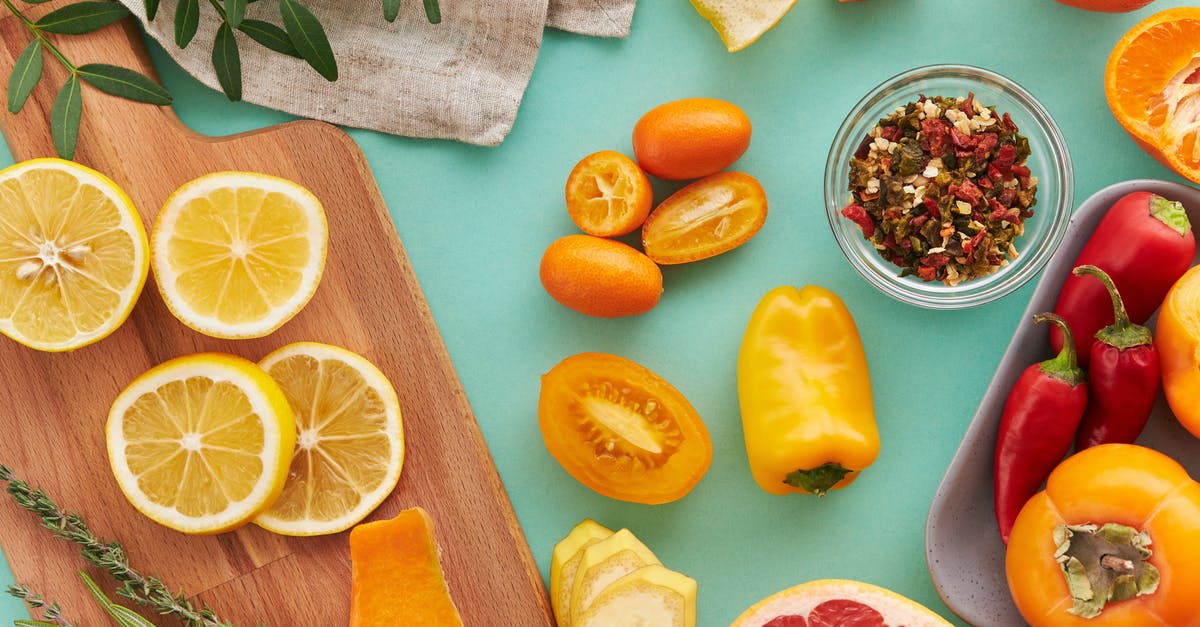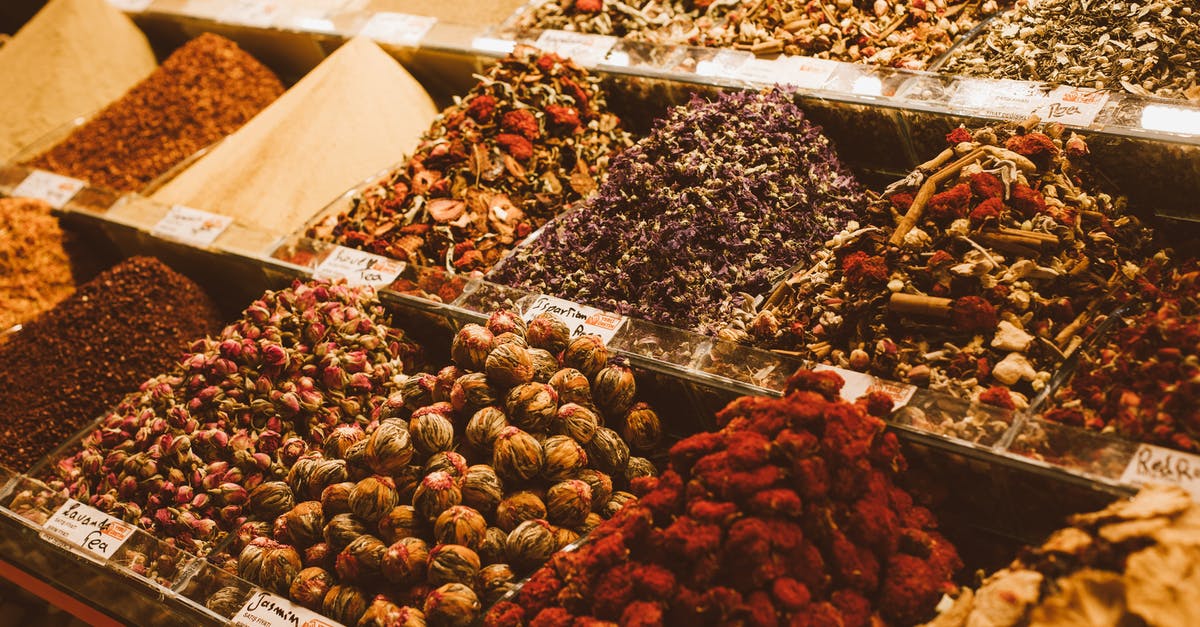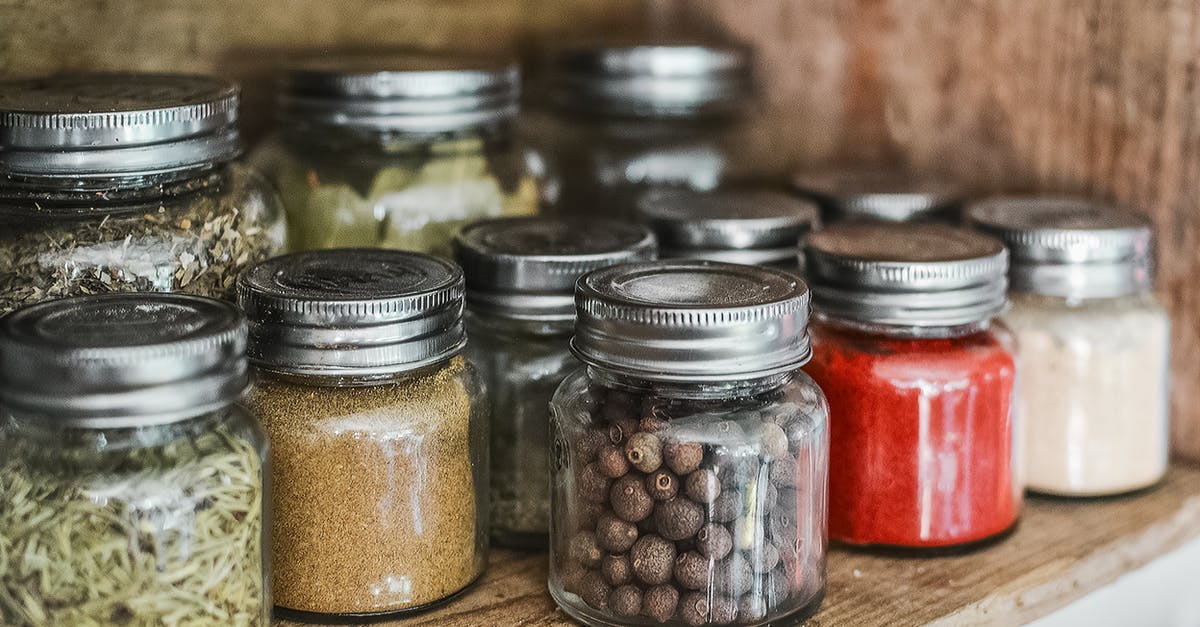Solubility of herbs and spices

I am asking this question for reference mostly. My motivation comes from having a chef suggesting to place the saffron in white wine before using in a fish soup to "make the most of it". He said saffron's compounds you are after are soluble in alcohol so it's almost always worth adding it in white wine before using.
Fast forward to a recipe I made recently that called for parsley oil in which you would chop huge amounts of parsley, stuff it tightly in a container and fill the rest with oil before putting in the freezer for a few hours. You would then take out as much oil as you can from that container. Apparently the frozen and then defrozen parsley loses more (of its very few) oil-soluble compounds during this process. The result is a tiny amount of yummy, green (quite sweet, VERY parsley-y) oil in what was one of the most wasteful processes I have ever tried.
In Greece where I come from, folklore is that herbs like dill, parsley, mint you put in a bit of lemon juice to "make the most of", and oilier ones like rosemary and sage you fry a bit. So I am guessing it makes sense to say the former have aromatic compounds that are water or acid soluble (if folklore is right) and the latter oil-soluble (I am ignoring the heating process here 'cause it's mostly the solubility I am interested in).
Last time I checked in McGee, I remember finding scattered answers to what is best soluble where but not a reference collecting all the results. I understand this question might not have a straightforward answer so I am happy with a qualitative one so my question is:
Could someone make a list of popular herbs spices and other aromatics and grade their solubility to alcohol, acid(lemon), oil and water?
Again I understand that "popular" is different for different parts of the world so I am happy to award whatever reputation I gain from this (if any!) in bounties and patch the answers up to a community wiki.
Best Answer
I know that link-only answers are discouraged here, but I don't know that there's another efficient way of answering this question. Here's a link to a document that gives basically most of the information you want, if you match it up to McGee's tables and description of chemical flavor components (e.g., pp. 389-395 in the revised edition of On Food and Cooking).
Basically, you look up the components in McGee's table for a particular herb/spice, figure out what chemical category they belong to (terpenes, phenolics, etc.; this might require some internet searching too), then read the PDF and see what it says about solubility. If someone else wants to do the work to aggregate McGee's table of ~80 herbs and spices each with 5-7 flavor components, they can post a better answer.
From the PDF, you'll discover that in many cases solubility can be determined roughly by the chemical group (often something you can determine from the suffix of the chemical name). But note that some chemical groups don't have easily generalization solubility rules. For example, your first spice saffron has the primary flavor component safranal. From the -al suffix, you can determine that it's an aldehyde, but aldehydes tend to have inconsistent solubility properties (and are thus not even listed in the linked PDF document, since they're unpredictable). Smaller ones are soluble in water, but larger ones often only in alcohol or other stronger solvents. Safranal really needs alcohol to dissolve efficiently, hence the advice you gave at the beginning of your question.
The problem is that even in doing this, you'll likely end up with a hodgepodge of advice for individual herbs/spices. Some flavor components might be more soluble in oil, but others in alcohol -- what to do? Use both? Or use one and discover that the flavor isn't as "complex"? The relative composition of these various flavor components is important too, so it quickly becomes impossible to predict the best strategy based on chemical composition.
I will just say that in general you will extract more flavor by using other solvents than water.
- Oil is generally going to do the best, which is why we think of "essential oils" for strongest flavor extraction. (While "essential oils" are often extracted through steam distillation, oils in general are soluble in other oils. Also, the essential oils concentrate the non-oil flavor components because they are more oil-soluble.)
- Alcohol is usually second-best, and in a few specific flavor cases will do better than oil. (But to do so, it often needs to be strong alcohol, as in most alcohol-based flavor extracts. The level of alcohol in wine may do something, but not much compared to oil; hence people resorting the vodka for some sauces, etc.)
Just glancing over McGee's table, I can tell you that almost everything has a flavor component which will be more soluble in oil or alcohol or both. As I mentioned earlier in comments, that's the reason we often saute things in oil, then deglaze with alcohol, and only then move to water or less effective liquids. Acids can sometimes increase solubility, but generally not as much as oil and/or alcohol (at least not for most common flavor components).
For example, regarding your Greek "folklore," basically all of the herbs you mention have small terpenes as their primary flavor components, whose solubility would be increased in oil or alcohol. The lemon juice in this case is probably less effective (hence your recipe to put parsley in oil despite the folklore about lemon juice). My guess is that the folklore may be more about using lemon as short-term preservative to keep the herbs fresher tasting, but I don't know.
Pictures about "Solubility of herbs and spices"



What spices are soluble?
There are many different types of water-soluble spices, but spices classified as vanilloids are spices that include vanilla, ginger, cinnamon and bay leaves. Hydrogen compounds activate some water-soluble spices; others are diluted once exposed to these compounds.Are herbs soluble?
If you pour water over an herb and let it steep, the water soluble chemicals of that herb will be released or dissolve into the water. This process is speeded up with heat. Water is a polar substance and will extract other polar substances.Are dried herbs soluble in water?
Sorry, spices are neither water or fat soluble. Dries spices and herbs are best slow cooked in a water based solution and fresh herbs are best added a few minutes before serving. I do not consider salt as a spice but rather a seasoning. Salt is water soluble.Can spices dissolve?
As a rule, all spices are fat-soluble but some are water-soluble as well. Of course, in reality almost all spices are both water and fat soluble to some degree. It's just that some spices spread their flavor much better in fat that in water.Do Spices and Herbs Have an Expiration Date?
More answers regarding solubility of herbs and spices
Answer 2
I read somewhere that spices mostly are soluble in fat and oil , I had bought some "goya yuca bites" ,but it was so spicy hardly I could even put it in my mouth , forget about chewing it , I used 3 table spoon vegetable oil and mixed it with one and a half cup of goya yuca bites and put it in microwave for couple of minutes and did stir it well and waited 5 minutes , it was much less spicy and I could eat it
Sources: Stack Exchange - This article follows the attribution requirements of Stack Exchange and is licensed under CC BY-SA 3.0.
Images: Vanessa Loring, ROMAN ODINTSOV, ROMAN ODINTSOV, Pixabay
